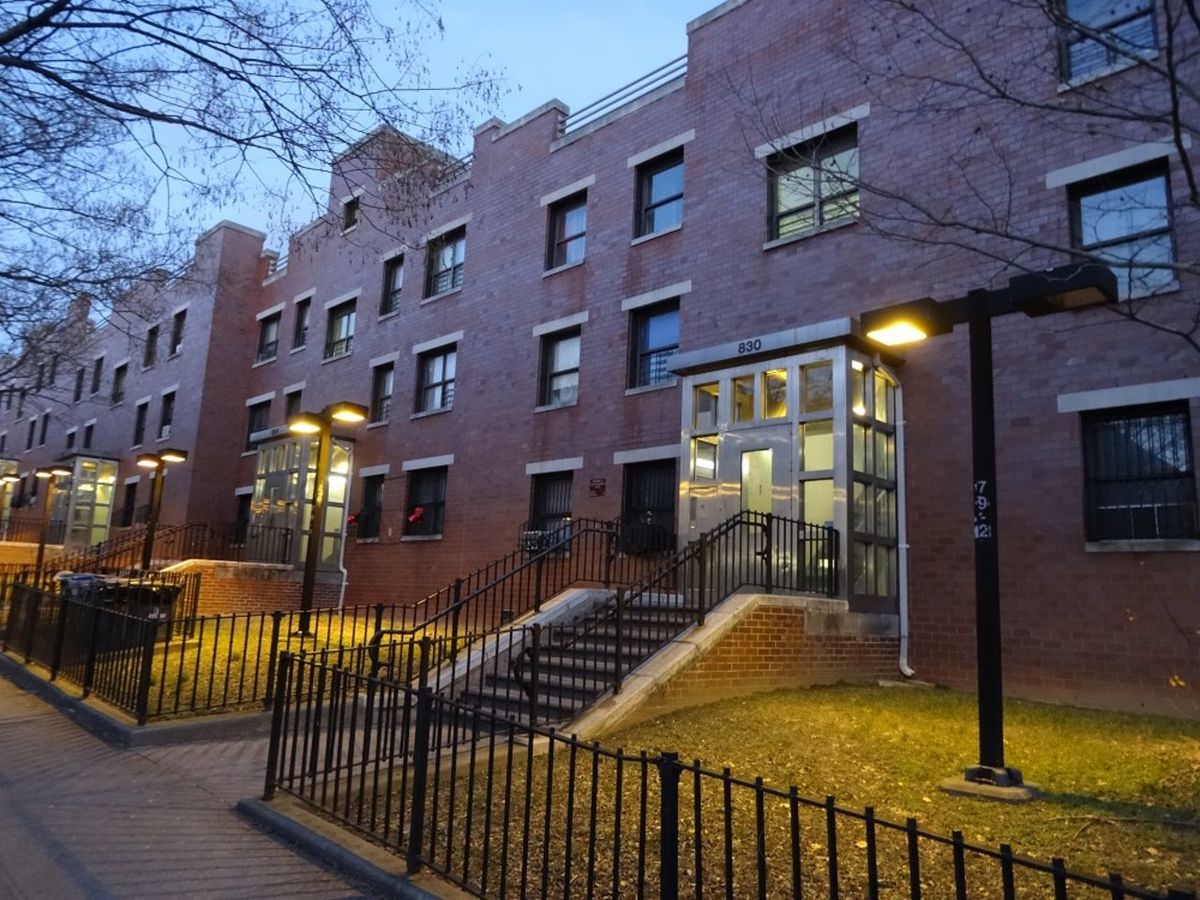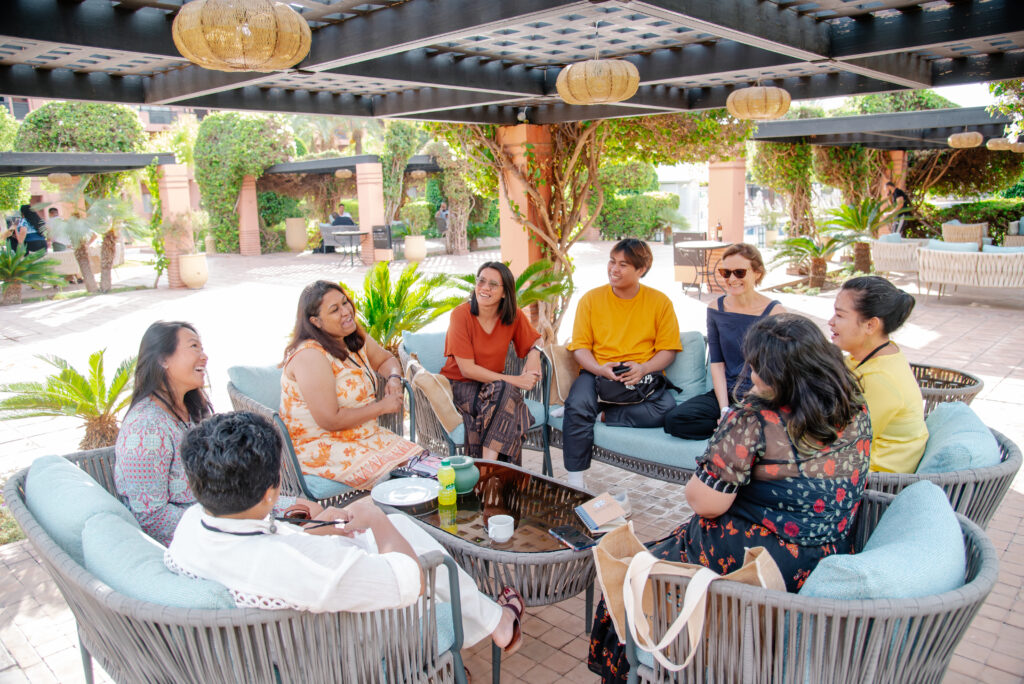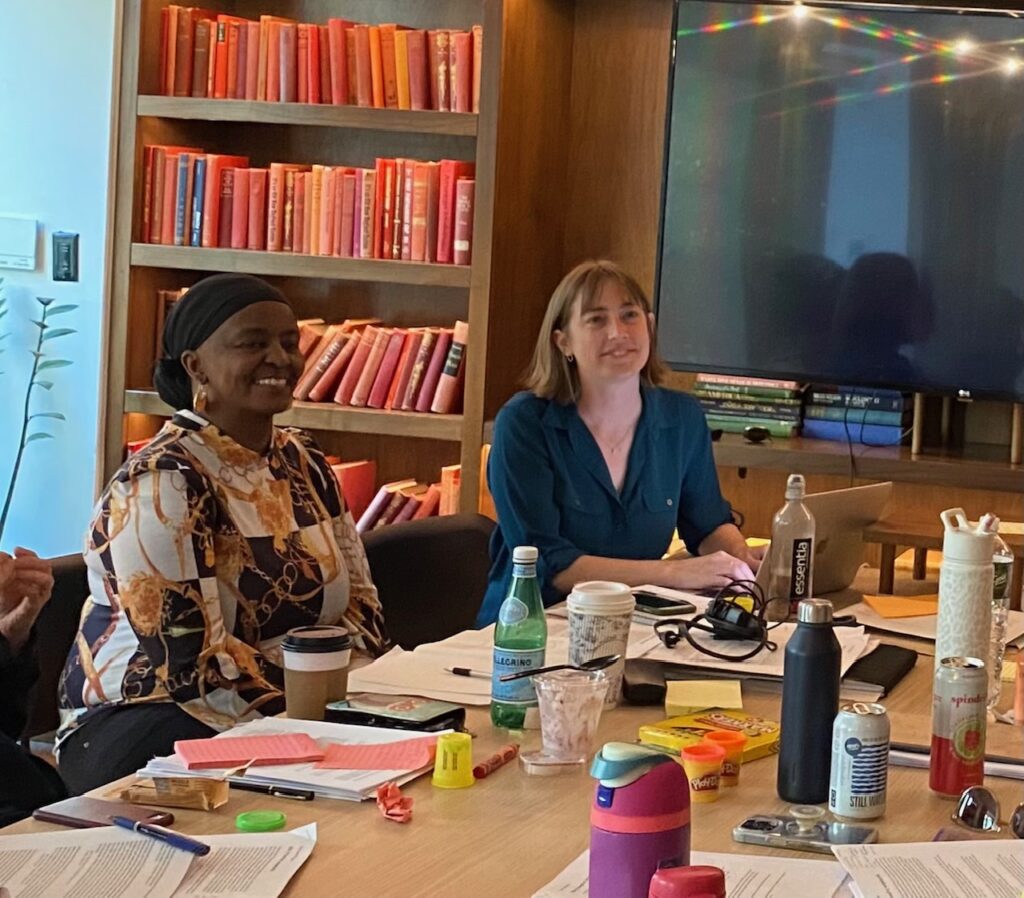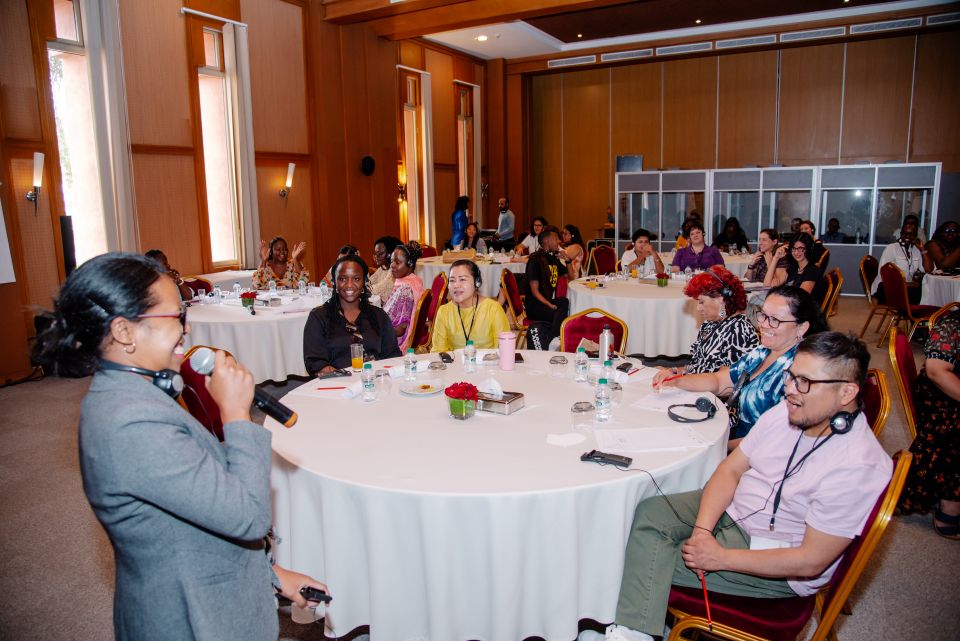To Achieve Housing Justice, Start by Listening to Women.

When Angela Castillo complained about the roaches, rodents, cold water, and dirty frig in the homeless shelter where she, her four children, and their father were living in East New York, she was transferred by New York City’s Department of Homeless Services to a shelter in Bushwick. When she asked for repairs to the broken toilet, refrigerator, and electrical outlet in the Bushwick facility, The New York Times reported, the Department did not make the fixes; instead, it ordered her family to move yet again, this time, much farther from her children’s schools. So Ms. Castillo took the city to court and won – until a gas leak forced the sudden evacuation and months-long displacement of all shelter residents in the Bushwick building, compelling her young family’s third disruptive displacement.
This lack of a prompt and appropriate bureaucratic response in city government is not an aberration, as ongoing Times coverage has shown. This past winter, New York City Housing Authority (Nycha) workers Jeanett Ceballo and Grace Maldonaldo and their families, along with home health aide Evelyn Badia, pre-K teacher Wanda Agee, and every other resident of the four buildings in Nycha’s South Bronx Area Site 402 suffered their 10th consecutive winter without heat.
And when a NYC Health Department blood test revealed enough lead to cause irreversible brain damage to three-year-old Mikaila Bonaparte, who lives with her mother and grandmother in Nycha’s Gowanus and Tompkins Houses, The Times reported that the Housing Authority, consistent with its practice in recent decades, challenged the Health Department findings, delaying the appropriate inspection, remediation, and monitoring, thereby prolonging Mikaila’s exposure and risk.
“New York City Housing Authority, South Bronx Area Site 402”
These cruelties all take place in New York, one of the world’s great and most progressive cities. Considered bureaucratic failures, blame is pushed from office to office, but few, if any, are held accountable. How do these women and families feel, and the hundreds of thousands like them in public housing, to be so carelessly disregarded by their government?
New York City, of course, is far from alone. Affordable housing is a global crisis that is only burgeoning as the world grows increasingly urban. Although reliable numbers are tough to come by, at least two percent of the world’s population, roughly 150 million people, are estimated to be homeless; more than 10 times that number, 1.6 billion, are believed to live without adequate housing, often in unconscionably inhumane circumstances.
This despite a strong global consensus that the right to adequate housing is a fundamental human right, enshrined in the 1948 Universal Declaration of Human Rights and in subsequent international covenants, charters, and conventions. Safe housing is central to every individual’s wellbeing. Our home fulfills four functions, physical and psychological: it protects us from the elements, anchors us in a specific and familiar place, and serves both as our protective, defining boundary and as our opening to the street, neighborhood, city, landscape, and world beyond.
For a woman, in part because of her assumed caregiving role, her home is the heart of her world. Nearly everywhere on the globe, women are still deemed responsible for child and elder care, food preparation, housekeeping, ministering to their husbands’ needs and desires, and, often, for procuring fuel and clean water.
Depending on her geographic region and income level, in fact, a woman will spend between 2-10 times as much time as the men in her family on unpaid care work. Her ability to earn anything, therefore, may depend on her ability to work out of her home, while minding her little one or her grandfather, stirring the soup, and sweeping away the dust or grime left by others. When her home isn’t safe – whether the building is riddled with lead or rodents, or the corridors, yard, or streets are dark or empty or known to be dangerous for women walking alone – then all bets are off, regarding her ability and desire to take the initiative, and the added risk, to go off to work and back, or to buy what she needs to carry out income-generating activities at home.
If anyone ever bothered to ask the women just trying to get by in these buildings or settlements for their own priorities, affordable housing and affordable communities might look very different. Women, of course, know precisely what they need to take care of themselves and their families: the list starts with housing security — living free of the fear of violence, theft, or sudden eviction — and continues with enjoying safe, reliable, and affordable access to the kinds of jobs, schools, markets, and green space that can give her and her family a chance.
It’s time to flip the script. Whether by taking legal action like Angela Castillo, or speaking collectively through tenant or block associations, housing or worker cooperatives, or community or neighborhood trusts, women’s voices, and those of the men in their worlds, need to be heard and heeded, as they elucidate both their specific needs and their vision of humane housing. Then policymakers and local governments, rather than shamelessly continue to warehouse the poor and marginalized in unsafe, unhealthful, and inconvenient public housing and informal settlements, must finally respond, by allocating to these constituents adequate budget and authority to realize that vision.
We could start right at home in New York, by providing safe, permanent housing for Ms. Castillo and Mikaila and their families, and for the residents of South Bronx Area Site 402.
If it can happen here…




